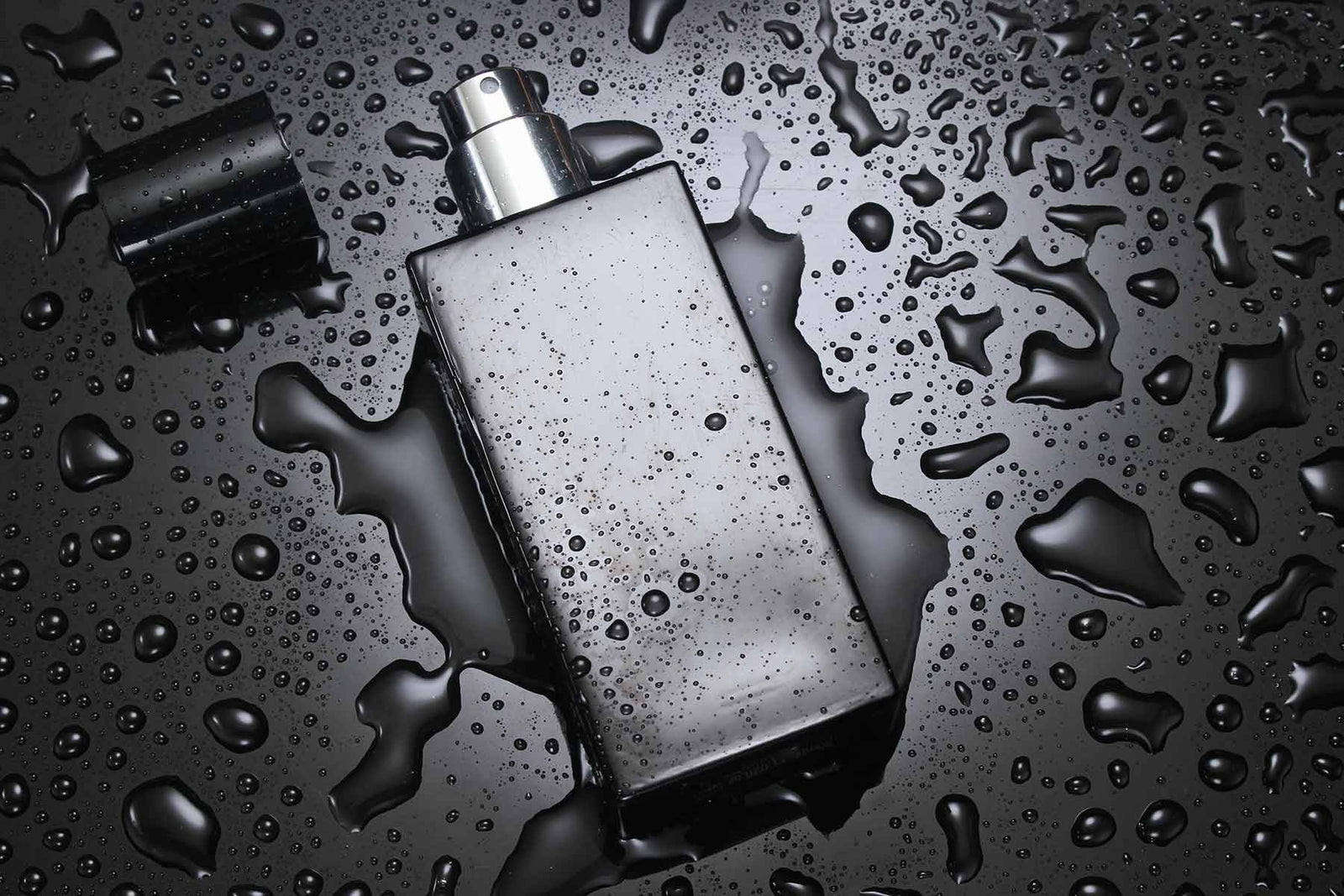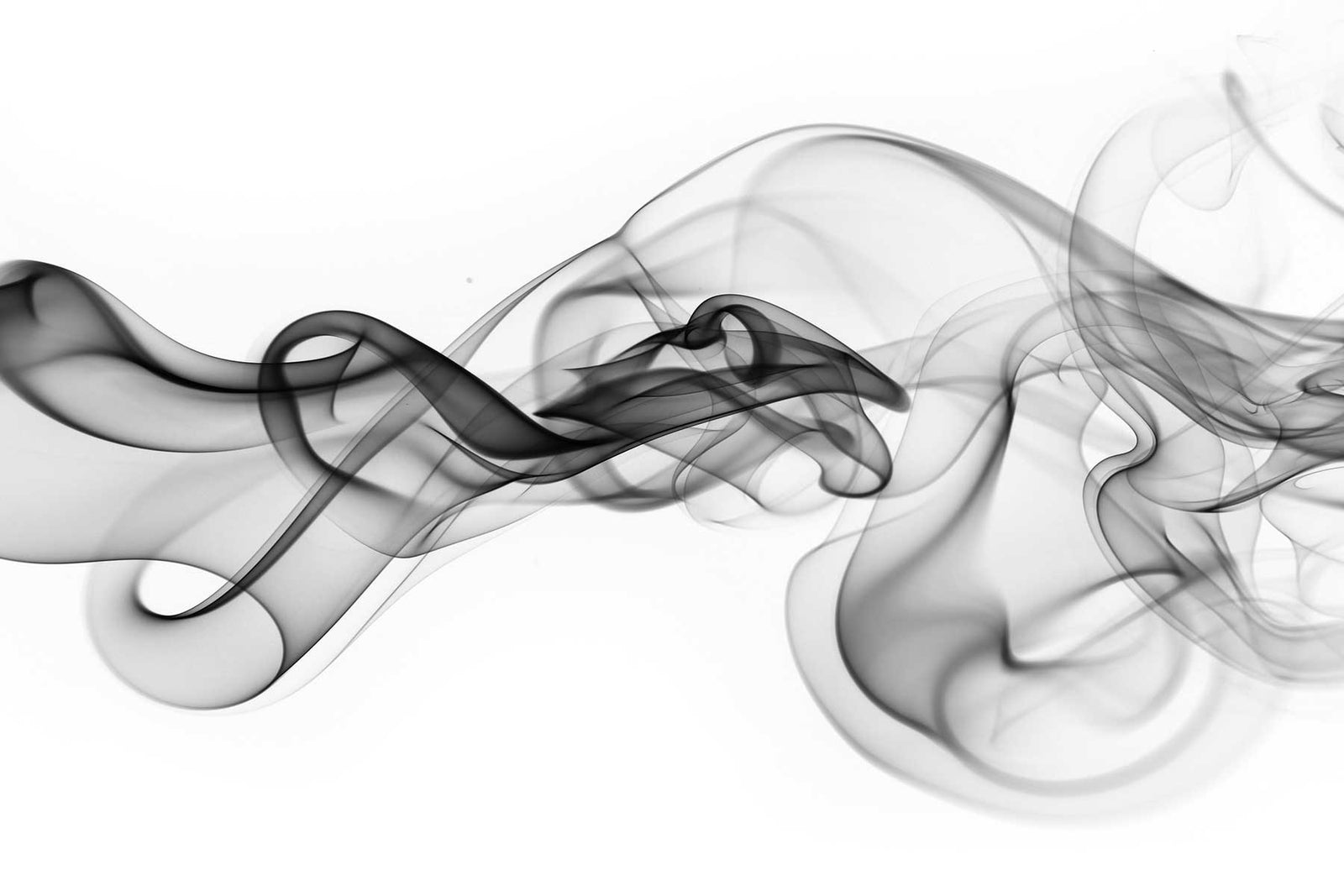Your Cart is Empty
Understanding Fragrance Safety Regulations: Making Sense of IFRA Standards
Fragrance safety regulations can be confusing—even for those of us who work with them every day. Many people think of IFRA limits as black-and-white rules, but in reality, they exist in a constantly shifting world of grey.
If you’ve ever wondered how fragrance safety is determined, why restrictions keep changing, or what terms like phototoxicity mean, this guide breaks it down in simple terms.
What Is IFRA and Why Does It Matter?
We use IFRA standards in all of our formulations. For context, IFRA (International Fragrance Association) is the global governing body for fragrance safety and regulatory guidance. While compliance with IFRA recommendations is technically voluntary, these standards are widely followed across the professional fragrance and cosmetics industry because they represent the most comprehensive guidelines available.
How IFRA Standards Work
- IFRA sets maximum recommended dosage levels for fragrance ingredients based on product category (for example, skin cream vs. candle vs. perfume).
- Limits consider potential allergen exposure and how the final product is typically used.
- Standards are updated as new research becomes available. Periodically, IFRA issues a major revision called an Amendment—we are currently at Amendment 51.
By following these evolving standards, fragrance creators aim to keep products safe for everyday use.
Why IFRA Standards Keep Changing
At its core, IFRA is concerned with fragrance exposure, primarily through skin contact. Since the skin is the body’s largest organ, anything applied topically has the potential to be absorbed.
Assessing exposure isn’t an exact science. IFRA also considers how products are realistically used—and habits change over time.
Example: Reed Diffusers and Skin Contact
For years, reed diffusers were considered “no contact” products, much like candles. More recently, they’ve been more tightly regulated because users often flip the reeds by hand, which creates direct skin contact with fragrance oils. That real-world behavior triggered new restrictions.
Ingredient Data Evolves Too
Beyond usage patterns, new toxicological research can change what we know about specific ingredients and their chemical components. As data emerges, some materials may face tighter restrictions—even if they were previously considered safe.
The result is that IFRA limits are constantly evolving—and while they aim to protect consumers, they don’t always feel intuitive to formulators.
A Note on Phototoxicity
Some IFRA documentation includes statements about the risk of phototoxicity. These warnings typically relate to naturally occurring compounds—especially in citrus oils—that can make skin more sensitive to sunlight.
Importantly, these warnings apply to products involving direct skin contact and sun exposure (for example, leave-on lotions or sunscreen). They do not apply to non-skin-contact products like candles or home fragrance items.
Key Takeaways on Fragrance Safety
- IFRA standards are the global benchmark for fragrance safety.
- Recommendations change as new research and real-world usage patterns emerge.
- Skin exposure is the primary concern driving category limits.
- Small behavior changes (like flipping diffuser reeds) can affect regulation.
- Phototoxicity mainly concerns citrus ingredients in leave-on products exposed to sunlight.
Final Thoughts
Navigating fragrance safety regulations can feel overwhelming, even for professionals. The evolving nature of IFRA guidelines reflects an ongoing commitment to safety as new data and habits come to light. While some rules may not always seem to make perfect sense, they’re part of a broader effort to keep the joy of fragrance safe for everyone.




